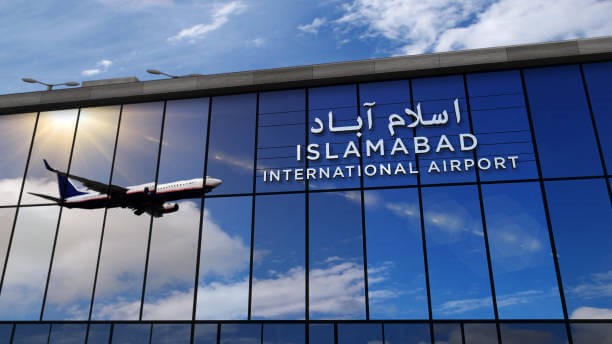Govt Moves to Outsource Islamabad Airport Operations to UAE
2 min read
In a significant move to attract foreign investment and enhance the performance of struggling state-run enterprises, the federal government has approved the transfer of Islamabad International Airport’s operations to the United Arab Emirates (UAE).
The decision was taken on Thursday during a meeting of the Cabinet Committee on Inter-Governmental Commercial Transactions (CCoIGCT), chaired by Deputy Prime Minister Ishaq Dar, Arab News reported.
According to officials, the handover will be executed under a government-to-government (G2G) agreement. A negotiation committee, led by the prime minister’s adviser on privatisation, has been tasked with finalising the deal in consultation with the defence, finance, law and privatisation ministries.
The move is part of Islamabad’s wider economic revival strategy, which includes bringing in international partners to manage major airports and other state-owned assets. Authorities believe outsourcing operations will not only improve infrastructure and service standards but also instill greater confidence among investors.
Islamabad International Airport, inaugurated in 2018, has struggled with operational and financial issues. Officials said the partnership with the UAE would bring in global expertise and efficiency to address these challenges.
The meeting was attended by the petroleum minister, the adviser on privatisation, Special Assistant to the Prime Minister Tariq Bajwa, federal secretaries, and senior officials from relevant ministries.
The handover is part of a broader government drive to secure foreign investment in critical infrastructure. Earlier this year, the government said it was considering offering management contracts for airports in Karachi and Lahore as well, though no final arrangements have been announced.
Pakistan’s aviation sector has been under strain since the 2020 European Union ban on PIA flights following a pilot licensing scandal, while the Civil Aviation Authority has struggled with safety oversight and revenue shortfalls. The EU ban has since been lifted.
Officials hope foreign partners will bring operational expertise, enhance passenger experience, and restore confidence in the aviation sector.




